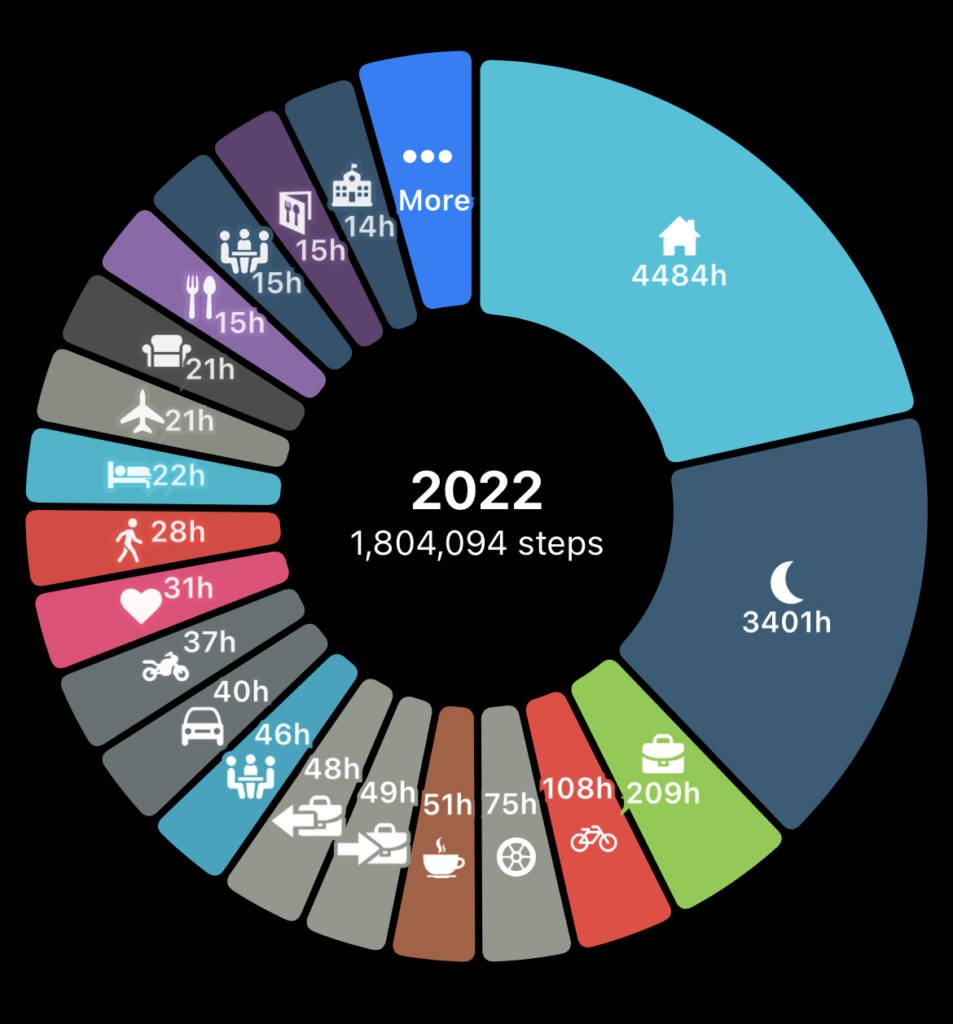Now with a few edits via suggestions from Dirk. Thanks, Dirk!
I was recently on a call with a humanitarian group. They were wanting to make their now online-only meetings way better. There were activities, there was polling. It was a good time.
But the same problem arose for many of the participants I’ve seen in many past meetings — connectivity issues caused people to lose chunks of audio, meaning they lost the thread, meaning they couldn’t fully participate. It was frustrating for everyone in what was otherwise a really solid time.
I realized not everyone knows about collaborative note taking. This is something I started doing as part of digital disaster and humanitarian response in the Open community, and later honed more by live blogging with the Civic crew. The benefits of collaborative note taking are many-fold:
- People who are dropping in and out (or who are simply late) can catch themselves up by looking at the notes.
- An accessible, lower bandwidth way for those in low connectivity environments to follow along and participate.
- A way to collect audience participation, feedback, and questions in an effective way when the group is too large for everyone to speak much (or at all).
- A way to guide the audience into different channels, to links, etc.
- A way for audience members to participate rather than being distracted by outside stimuli.
- You have notes at the end of your meeting! Bonus points for turning it into a blog entry your participants can share and reflect on. Be sure to turn your intros section into a thank-you section.
To make this work the way I’ve been doing it, you need a few things:
- An app that allows multiple people to edit the same doc at the same time. I’ve used etherpad and Google Docs most.
- An agenda that you can clearly define.
- 2-4 people willing to lead the way with note taking.
- Some norms.
Picking Your Tool
Etherpad is from our lovely open source communities. It’s great for quick and dirty, little formatting, etc. Piratepad was a favorite of mine, with the caveat that pads disappear after a set amount of time. Google Docs is nice if you want to have more embedded structure and formatting, and if you don’t mind Big Brother so much. There are some great options out there in addition to these. Pick your tool based on the circumstance you’re in.
The Agenda
I’d suggest setting up your doc in advance with your agenda. I use headers in Google Docs and then use the “table of contents” function to build the agenda at the top with space to take notes below. Use italics below the header if you want to add more detail than a header allows. You can also add in links to outside activities into the agenda so you don’t have to scramble later.
It’s also nice to have an “intros” section in the agenda because not only is it good practice to have each person say at least one thing to get them involved, it also gets them practicing adding and correcting things in the doc for the rest of the meeting. If folk fill out their part in advance of the meeting, all the better.
Your agenda will change, expand, and contract as the meeting happens. Let it. Trust the note takers to update the headings.
For a retro, I lay out the steps we’ll take and what should go into each section. The “Generate topics” header is followed by “take screenshots of all the cards and post them here.”
The Note Takers
From the Civic team, I learned that 3 is an ideal number for live note taking and live blogging. One to capture the meat of what’s being said, one to edit for clarity and typos, and one to pull in outside links and images. Other participants may jump in to edit names they know, fill in more detail, or find more esoteric links.
For that retro, different people would jump in to take notes for each other, so everyone got a chance to fully participate.
The Norms
Give each other space
When there are no carriage returns after where you’re typing, no one can add things in. The text gets awkward. Give some space between yourselves by hitting enter a few times, and maintaining that space. You can always delete the space later.
In retros, we would sometimes end up with the next agenda item on another page, so far away! But people had plenty of space to add things in after one another.
Encourage audience participation
Add in bullet points when you want the audience to participate. Remind them of the prompt in text. Start asking questions in nested bullet points below what they’ve put in. Others will start doing the same.
For a retro, we would ask people to add a plus sign after the action items they thought they were worth investing time in doing. We’d total them up and have a live prioritization of what to spend time on.
Communicate
Tired of being the person pulling in links? Type it. Ask for someone else to take over. Someone watching will type that they will, you delete the communication, and they get started.
In the retro, I once typed “brb, phone call” and returned to notes still being robust, as someone had immediately taken over for me.
We’re better together
Most folk are scared of taking notes because they never have before, or they disdain it because it seems like administrative work. By making it a group expectation, you end up with more participation, better notes, and everyone is on slightly more equal footing.
Let me know about your experiences or questions in the comments!



